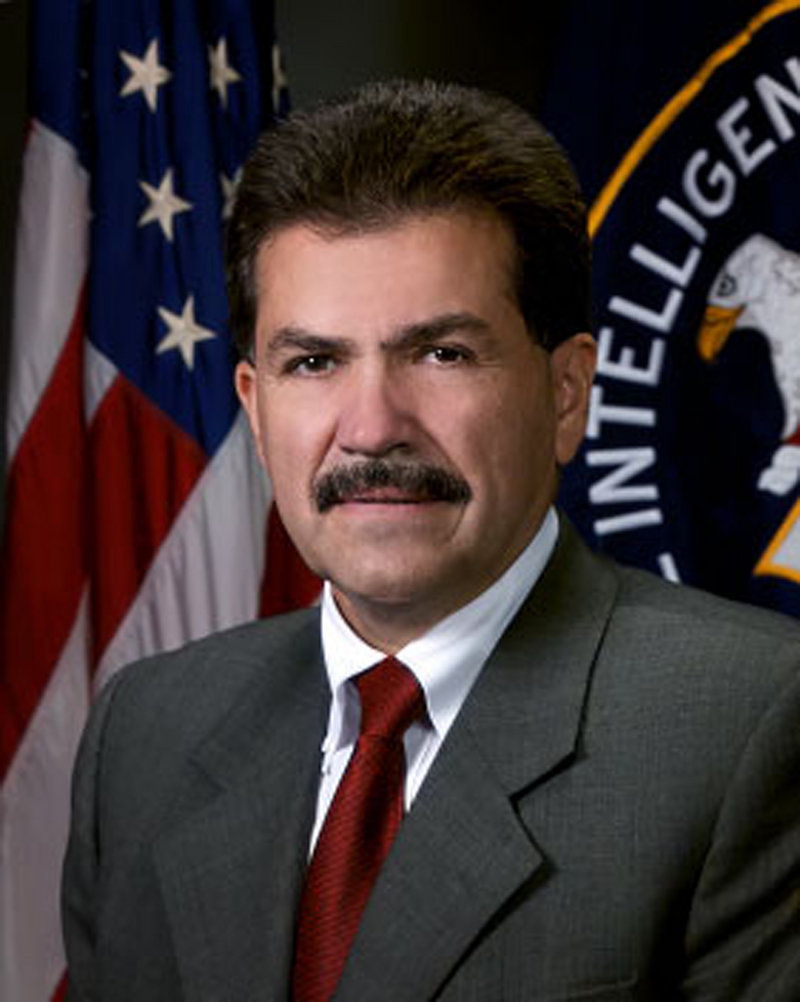WASHINGTON – The former director of the CIA’s secret operations branch won’t be charged with the destruction of 92 videotapes showing the use of waterboarding and other controversial interrogation techniques, the Justice Department announced Tuesday.
In a brief statement, the department described the inquiry as “exhaustive,” adding that Assistant U.S. Attorney John Durham, who was appointed in January 2008 to conduct the investigation, “concluded that he will not pursue criminal charges.”
Former CIA official Jose Rodriguez Jr., who ordered the tapes destroyed, considers the matter now closed, said his Washington lawyer, Robert Bennett.
“I’m satisfied, based on what I’ve been told, that he is not facing any charges at all regarding the tape destruction,” Bennett said.
But the decision does not settle the legal controversy over Bush-era interrogation techniques.
Durham’s investigation examined whether CIA officials unlawfully destroyed the tapes to conceal from Congress, the federal courts and the Sept. 11 Commission the use of tactics that could be considered torture. But the longtime Connecticut prosecutor is continuing to investigate whether CIA officials or contractors should be charged for the alleged torture of terrorism detainees.
The American Civil Liberties Union, meanwhile, has asked a federal judge in New York to hold the CIA in civil contempt of court for the destruction of the tapes.
In December 2007, then-CIA Director Michael Hayden triggered a furor when he disclosed that the agency had made the tapes in 2002 and destroyed them in 2005 because they posed “a serious security risk” for CIA employees who served in the interrogation program.
Durham’s appointment by the Bush administration came after the chairman of the Sept. 11 Commission, Republican former Gov. Thomas Kean of New Jersey, and its vice chairman, Lee Hamilton, a retired Democratic congressman, accused the intelligence agency of obstruction for failing to mention the tapes. The decision also conflicted with previous orders within the agency to maintain such records.
Rodriguez ordered the destruction of the tapes only after consulting with agency lawyers, said Bennett, who called the decision not to prosecute his client the right one “because of the facts and the law.”
Bennett said his client was a “patriot who only wanted to protect his people and his country.”
Nonetheless, Jameel Jaffer of the ACLU said his organization continues to believe that the decision to destroy the tapes violated both criminal law and court orders requiring the CIA to preserve records.
He added that the ACLU’s “concern is not only with the destruction of the tapes, but with what the tapes depicted.”
“The tapes depict CIA interrogators using barbaric interrogation methods approved at the most senior levels of the Bush administration,” said Jaffer, the deputy legal director of the ACLU Foundation.
Copy the Story Link
Send questions/comments to the editors.



Success. Please wait for the page to reload. If the page does not reload within 5 seconds, please refresh the page.
Enter your email and password to access comments.
Hi, to comment on stories you must . This profile is in addition to your subscription and website login.
Already have a commenting profile? .
Invalid username/password.
Please check your email to confirm and complete your registration.
Only subscribers are eligible to post comments. Please subscribe or login first for digital access. Here’s why.
Use the form below to reset your password. When you've submitted your account email, we will send an email with a reset code.